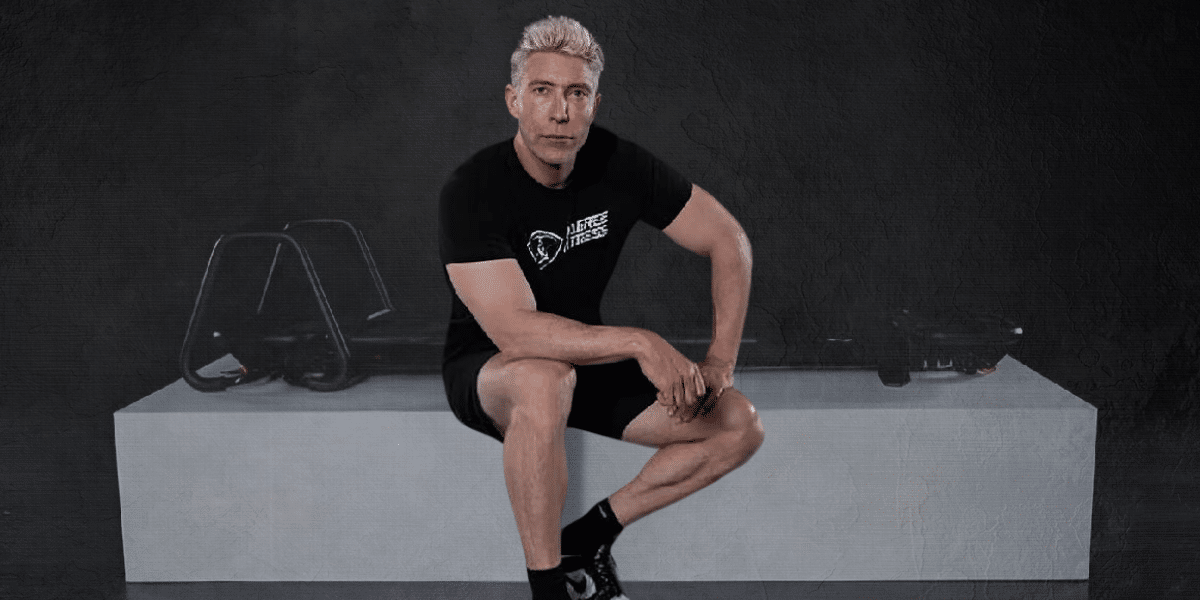Mastering the Art of Sales: Keith Orlean’s Blueprint for Success
In the world of sales, where the art of persuasion meets the science of understanding human behavior, Keith Orlean stands as a seasoned veteran, with over four decades of experience under his belt. Through years of navigating the different landscapes of consumer and B2B sales, he has honed his skills and developed a set of principles that have consistently led him to success. Here, Orlean shares his invaluable insights on how to close deals effectively and achieve sales excellence.
At the core of Orlean’s approach lies the fundamental principle of trust-centered strategies. He emphasizes the importance of actively listening to clients, both to their verbal expressions and their non-verbal cues. By reading and reacting to their needs, sales professionals can tailor their approach, creating a sense of trust and understanding.
Orlean stresses the significance of mastering their knowledge of one’s product or service. In sales, credibility is key, and expertise breeds confidence. By becoming an authority in what you sell, you instill faith in both yourself and your offering, thereby enhancing your persuasive abilities.
Confidence, Orlean asserts, is another critical component of successful salesmanship. Belief in oneself and in the value of what you’re selling permeates interactions with clients, shaping their perception of you and your product.
However, true sales prowess extends beyond self-assurance—it requires a deep understanding of the customer. Orlean advocates for thorough research and a personalized approach to each client, recognizing that every interaction is unique and demands tailored solutions.
Central to Orlean’s methodology is the idea of focusing on learning first rather than closing. By initiating conversations with genuine curiosity and a sincere interest in the customer’s needs, sales professionals can establish meaningful connections that lay the groundwork for successful deals.
Personality and authenticity are also key principles of Orlean’s approach. He emphasizes the importance of creating a friendly and welcoming atmosphere, utilizing insights gleaned from prior research to develop engaging conversations.
Moreover, Orlean encourages sales professionals to leverage their prospect / clients’ past experiences to inform their approach effectively. By understanding their history with similar products or services, one can customize their pitch to address specific pain points and preferences.
In an era where authenticity reigns, Orlean cautions against scripted interactions. Flexibility and spontaneity, he argues, are essential for adapting to the ever-changing dynamics of sales conversations.
Transparency, Orlean believes, is crucial, particularly when it comes to pricing. By being forthcoming about costs and explaining pricing factors in detail, sales professionals can dispel doubts and build trust with their clients.
Furthermore, Orlean advocates for empowering customers with knowledge. By sharing insights and educating clients, sales professionals position themselves as trusted advisors, distinguishing themselves from less-informed competitors.
Finally, Orlean imparts a crucial lesson: more often than not an initial rejection in the sales process is not the end, but merely a stepping stone to closing the sale. Embracing rejection and learning from it is essential for growth and development in the field of sales.
In essence, Keith Orlean’s sales success blueprint encompasses a unified approach centered on trust, expertise, and genuine human connection. By embodying these principles, sales professionals can navigate the complexities of the sales landscape with confidence and finesse, ultimately closing more deals and achieving enduring success.
Published By: Aize Perez









